When Did Reading Become a Chore?
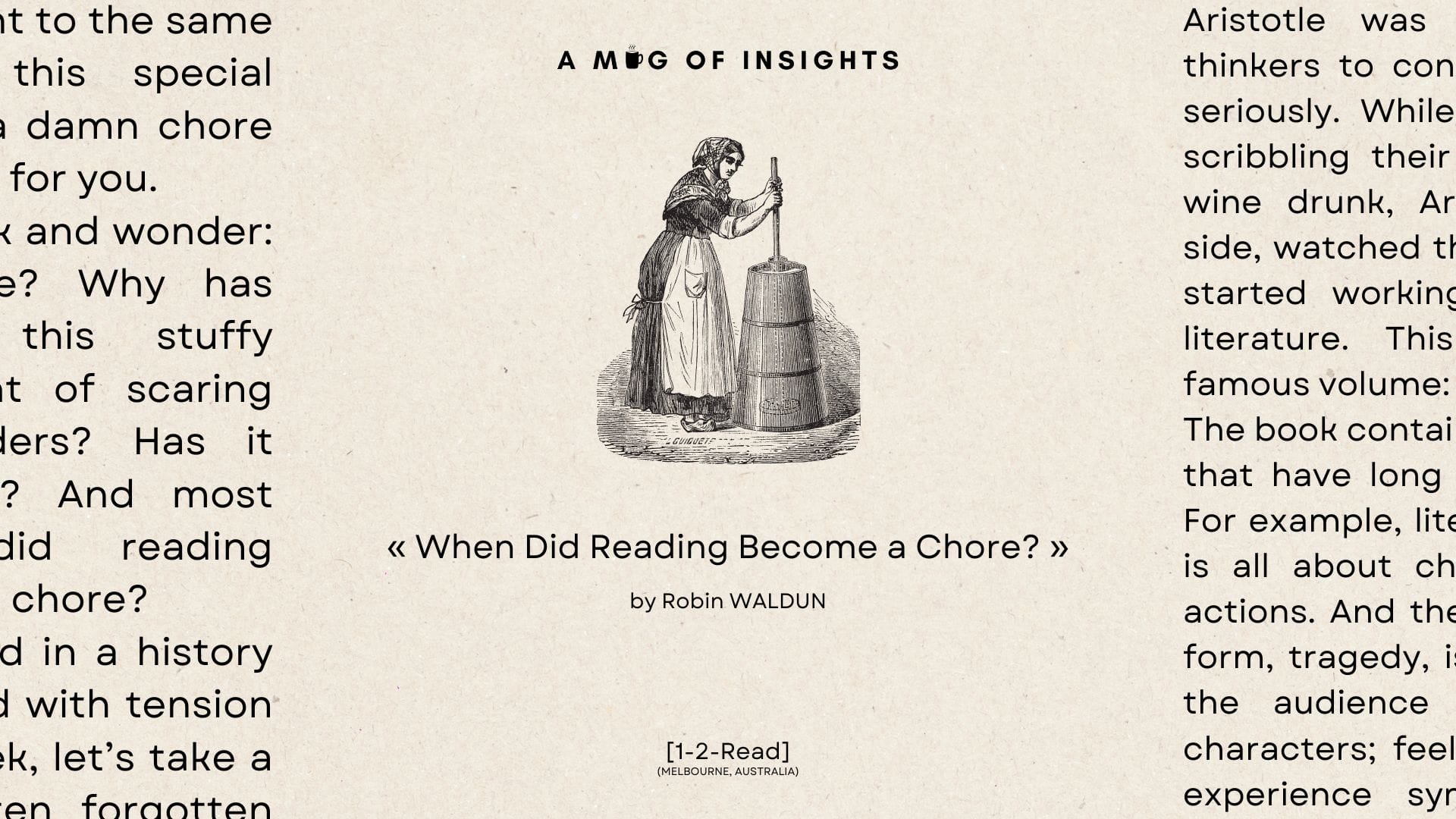
House Keeping
This week’s extended post will be free for everyone to read, and I’m slowly considering removing all paywalls from my work.
My goal with this newsletter from the get-go is to enrich people’s lives with an education in literacy. And sometimes, it pains me to think that posts behind the paywall are not allowed to reach readers who are hungry for more.
Earning a sustainable income from such a niche topic is extremely challenging, yet your support through paid subscriptions allowed me to write two posts a week consistently. But I still can’t shake the feeling that A Mug of Insights should be a free resource.
I’m still figuring out a way to bypass the paid newsletter model, and I’ve more news coming your way. For now, my focus will start to narrow on this newsletter. The posts will be longer. The research efforts will triple, and I want you to walk away from each piece with a sense of wonder coupled with a lust for bringing more literature into your life.
But for this vision of a free resource to come true, I’m going to need some help from you. And there are one of three things you can do:
1: Comment on every post and suggest a topic you’re struggling with. This is where I source my ideas, and our work here will become more potent if I can work directly off your feedback to determine the topic for the next instalment.
2: Purchase a copy of the Syntopicon Notion template. If you’re in the market for a new digital note-taking system, check out our latest Notion template here! The proceeds will gradually allow me to move away from paid subscriptions as a sustainable source of income.
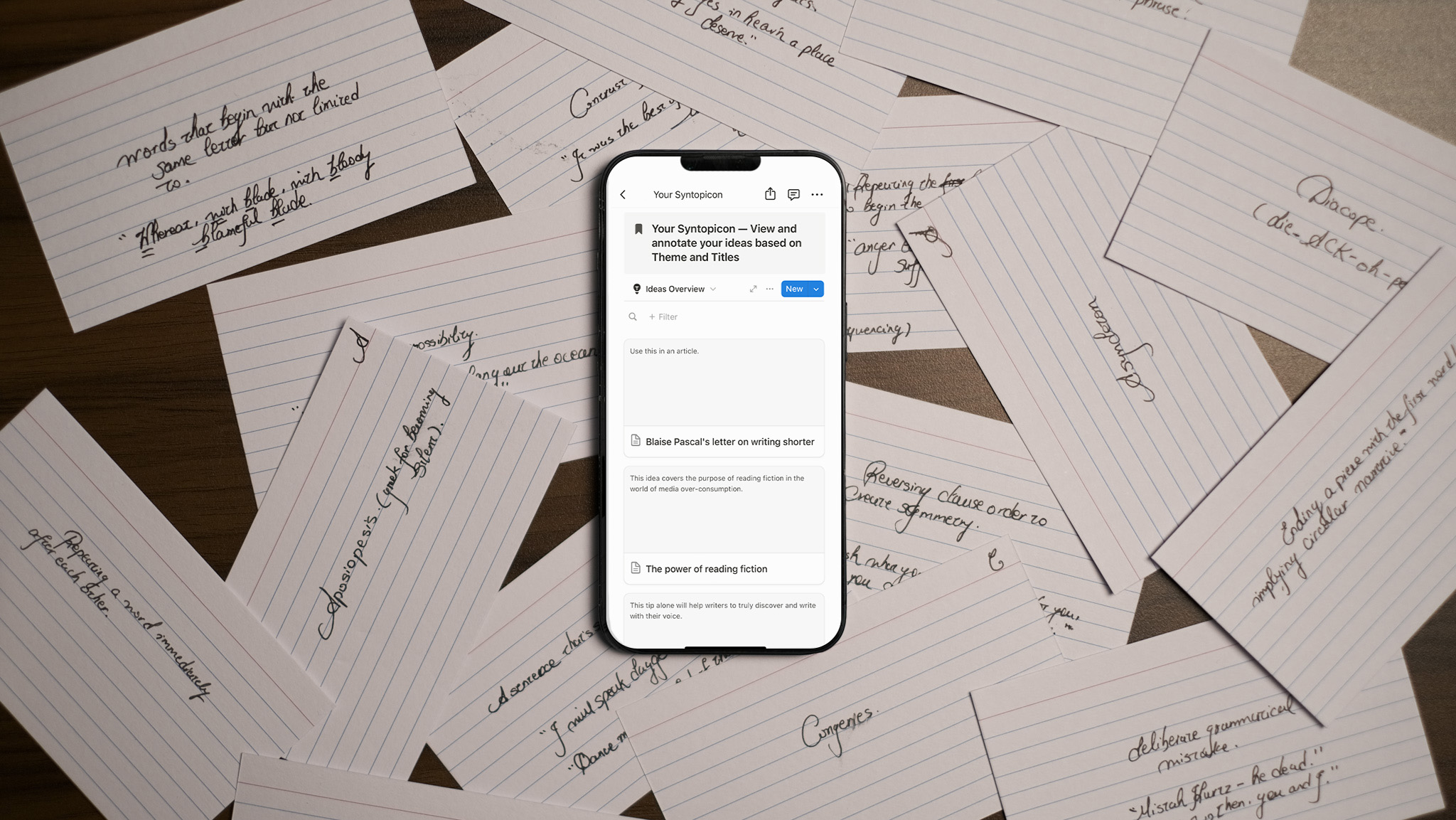
3: Message me directly with feedback. Your words are my commands, and your feedback is invaluable.
This transition will be slow. It’ll start with a free article here and there, but I sincerely hope that with all our efforts together, we can fully flesh out this dream as a team!
So without further ado, let’s get started.
Literature.
Ah, that cursed word that makes your mouth foam up, your throat dry, and your mind race with doubt.
Am I smart enough to read it? Do I need a degree to understand it? What even is ‘Literature’ anyway?
All these questions all point to the same stinky reputation of this special category of books: it’s a damn chore to read but boy, it’s good for you.
But let’s take a step back and wonder: how did we get here? Why has ‘Literature’ acquired this stuffy reputation to the point of scaring away intimidated readers? Has it always been this way? And most importantly, when did reading literature become such a chore?
The answer is embedded in a history of Literature that is filled with tension and drama. And this week, let’s take a deep dive into the often forgotten history of reading.
I have to give credit to Peter Barry for his book Beginning Theory. This is one of the most readable guides to literary history, and I’ve based all of our stories today on his chapters. And like all great stories, it all began with the Greeks.
1: It’s All Greek To Me: Aristotle’s Poetics
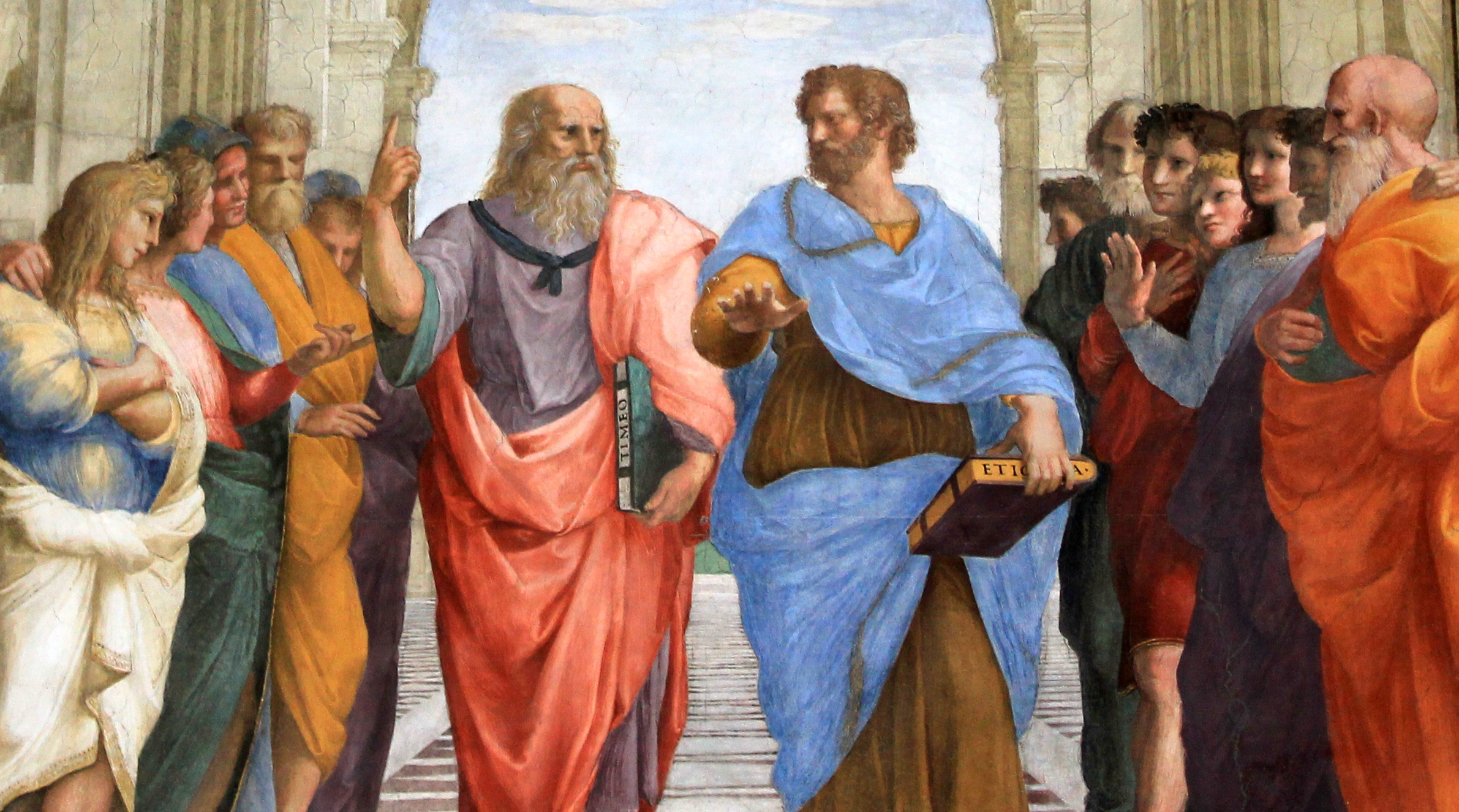
Aristotle was one of the first thinkers to consider why we read seriously. While others were busy scribbling their plays and getting wine drunk, Aristotle sat on the side, watched the whole rodeo and started working out a theory of literature. This resulted in the famous volume: Poetics.
The book contained several insights that have long outlived his beard. For example, literature for Aristotle is all about characters and their actions. And the popular theatrical form, tragedy, is supposed to help the audience identify with the characters; feel pity for them and experience sympathy that they wouldn’t get on a regular Tuesday morning.
This identification, when combined with drama and dialogue, achieves a catharsis (a sudden release of emotions) that helps the Ancient Greeks shake that angst off while educating their morals. To put it another way, this is the daze you get after you watch a long movie that prompts you to stare out of a window, pretending you are the main character. When this occurs, literature has done its job. It crawled under your skin and changed your character in some way.
And this feature of literature still dominates how we read today. Every high school English assignment wants you to analyse the characters and identify their motives because literature is identification. Now we know who to blame for those boring essay topics, but then an English fellow turned the tide.
2: Make It Fun, Damn it! Sir Philip Sidney Defends Poetry
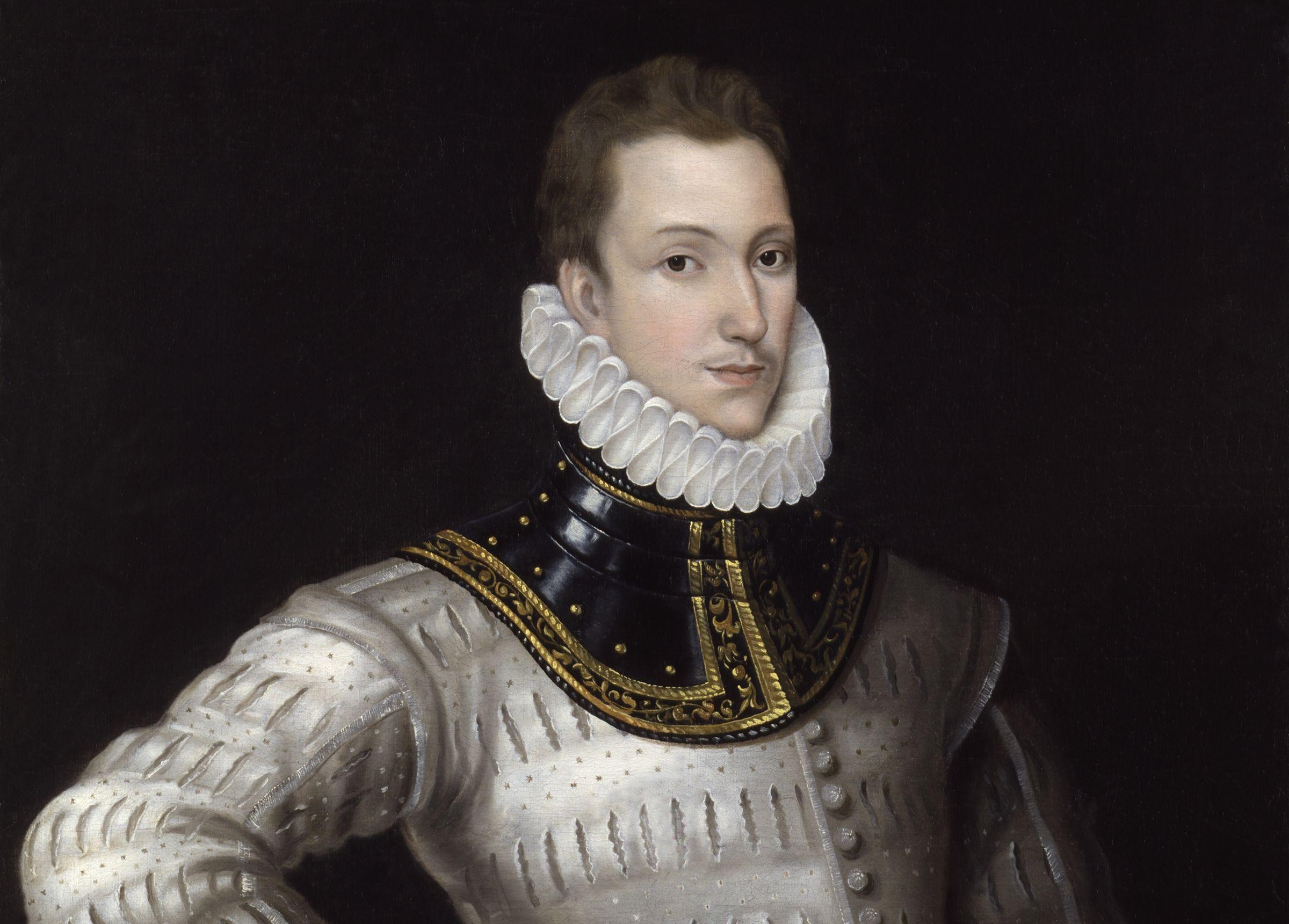
Sir Philip Sidney was an Elizabethan scholar, courtier, soldier, poet, and if we were to meet him today, we’d probably hate his guts because he resembled that annoying brother who’s good at everything. And a good thing among many that he did was putting the fun back in literature.
He wrote this essay called ‘An Apology for Poetry’ around the 1580s. And no, the essay wasn’t about apologising for a dog named Poetry for dragging around a toilet paper roll, but it made the case that literature should delight the reader as much as it educates them.
He adopted the Roman poet Ovid’s idea of docere delectando (to teach by entertaining) to separate literature from other forms of writing. What makes literature so special is that it both delights and instructs, and the latter quality rarely succeeds without the former. For Sidney, this quality is what distinguishes literature from something like philosophy, which is not much fun to read but promises a moral uplift.
All this seems obvious today, but back in those days, anything that produced too much pleasure was considered the work of the devil. Hence, this idea was as radical as it was liberating, and it eventually inspired history’s favourite doctor, Samuel Johnson, to get down to some serious business.
3: Put Down That Bible! Samuel Johnson’s Serious Business
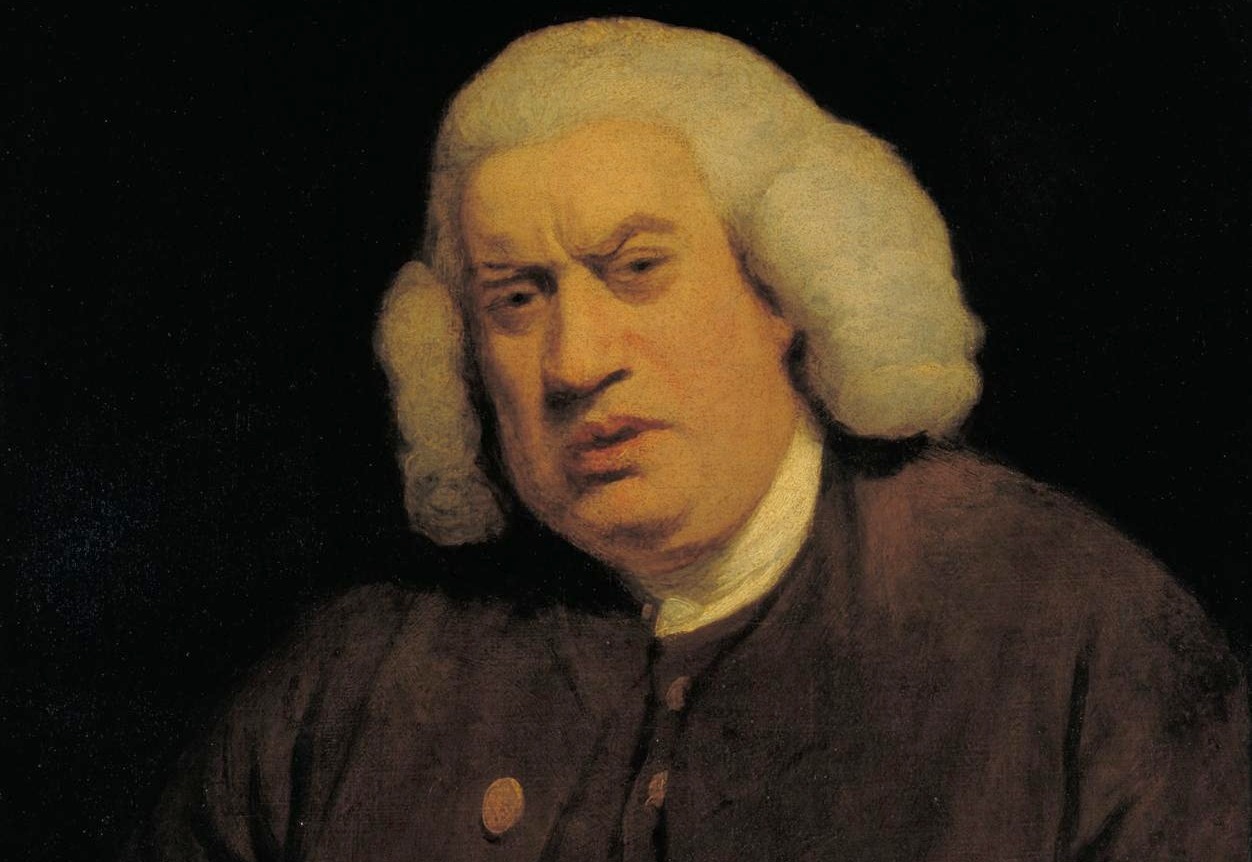
People sometimes view literature as stuffy, snobby and something they could never understand. And in Doctor Johnson’s days around the 1700s, the Bible and other serious religious texts assumed that untouchable status.
These texts demanded serious scholarship, painstaking interpretations and hours of hunching over the desk just to write a commentary on them. But Samuel Johnson had a different idea. What if we treated Literature with the same gravity as we treat religious texts?
What came out of the other end of this idea was a prolific body of work, including Lives of the Poets and Prefaces to Shakespeare. In literary studies, Dr. Johnson is usually credited with being the person who legitimised literary studies. This formed the basis for many techniques of interpreting literature later on. In short, literature is now a serious business that deserves lengthy commentaries and analyses. And this sentiment was quickly adopted by the Romantics.
4: Stuffy Prose? Wordsworth And Coleridge Had A Fight
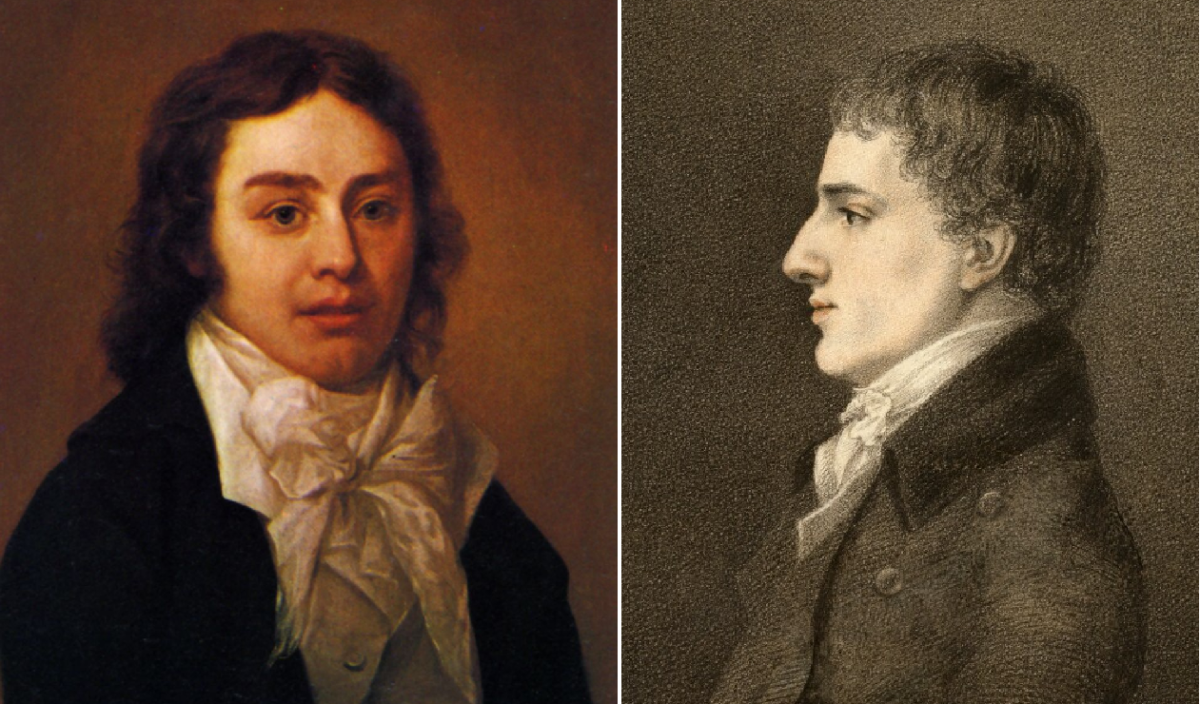
After Dr. Johnson’s contributions, a flood of ideas broke loose, and the Romantics (Wordsworth, Coleridge, Keats and Shelley, to name a few) took the helm of working out what literature is.
Wordsworth had a stab at it in his Preface to Lyrical Ballads, published in 1800. For him (from a poetic perspective), literary language should not sound artificially heightened and should resemble everyday speech.
In those days, poetry and literary language preferred dense meanings, elaborate rhyming schemes and a grandiosity that strayed as far away from ordinary language as possible. But in Wordsworth’s work, he defended what was considered lower forms and blended high literature with plebian tongue, essentially implying: prose can be simple but still count as literature.
His friend, Coleridge, initially agreed with him before lashing out in his Biographia Literaria, accusing Wordsworth of talking the talk but not walking the walk. In this book, he argued that Wordsworth did his best work when he didn’t use those lower forms and went on to say that ordinary language dampens poetic effects. Literature, then, must push language to its limit to delight and educate the readers.
And surprise, surprise. The two had a massive feud and decided never to speak again. But their friendship drama inspired crucial questions: What is literary language? Does complexity guarantee literary quality? Does popular fiction count as literature? Last time I checked, academics are still arguing about it at universities.
Interlude: Shelley and Keats Jump Into The Unfamiliar
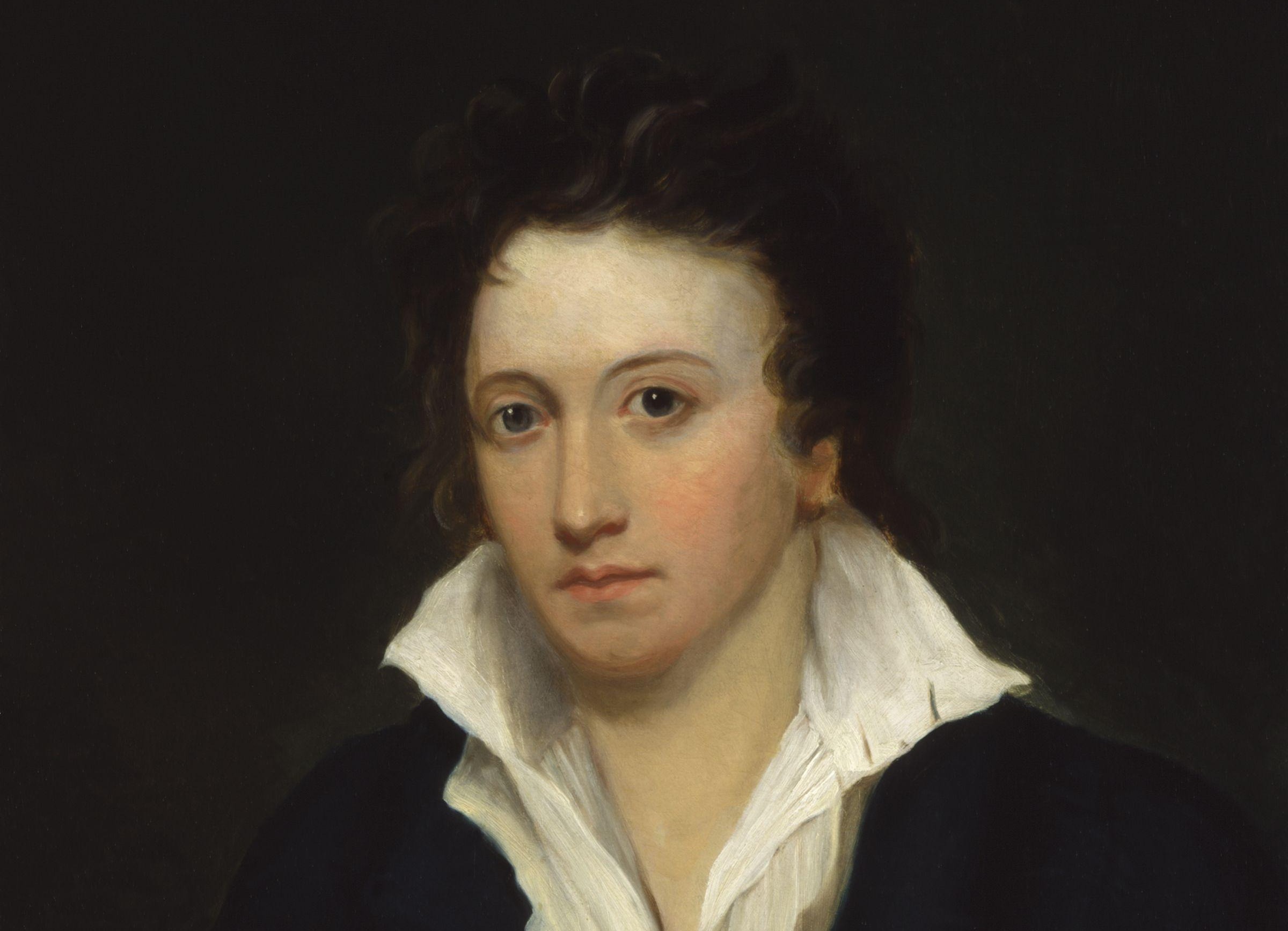
Romanticism is a whole can of worms, so let’s keep it neat. Essentially, two main ideas after Wordsworth and Coleridge fuelled the Romantics’ idea of literature.
Shelley, in his 1821 A Defence of Poetry, believed that poetry should ‘strip the veil of familiarity from the world’ and ‘[compel] us to feel that which we perceive, and to imagine that which we know.”
In other words, literature should be separated from everyday life while allowing imagination to run wild. The real world has to be suspended for wild visions to materialise into writing, and today we know this as defamiliarising. And in short, literature should transport you into a strange new world.
On that note, Shelley’s contemporary, John Keats, came up with the term: negative capability to describe someone’s ability to tolerate mystery, uncertainty and the taboo without running home crying to facts and logic. And literature, for Keats, should be a playground to exercise this capability, instead of shying away from it.
5: You Can Make A Religion Out of That: Matthew Arnold’s Cure for Bad Tastes
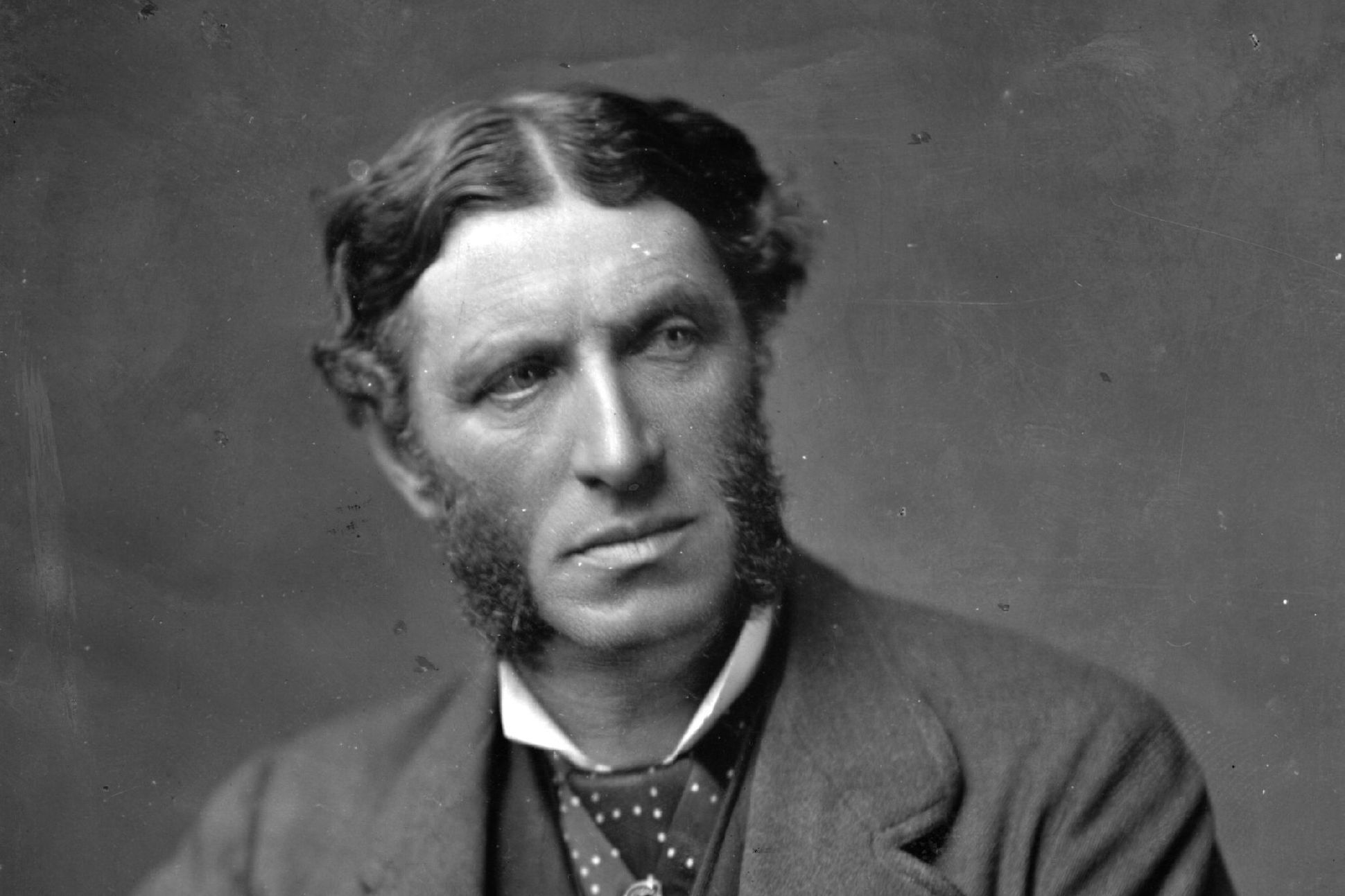
At this point in our story, it seems like religion has taken a back seat. But not so fast, said Matthew Arnold, because for him, literature should serve the function religion once did.
See, around the 19th Century when Arnold was writing, the Industrial Revolution was in full-swing and the Enlightenment had reduced religion down to finger-painting. Naturally, Arnold and his Mutton Chops started freaking out when they saw the middle class gradually wander into materialism and bad tastes. His solution? Let’s educate the people with literature.
For Arnold, literature should be read in a disinterested way. It’s like Sunday Bible classes: you ain’t reading this for fun, kid. The goal is to reform people’s tastes and character through reading the masters of the past, and literature, as a result, was held to almost a neo-religious standard. All of a sudden, you’re not just reading to be entertained. You’re reading to be a good person who will make good decisions.
He also introduced an idea called touchstones, and it is as boring as it sounds. Essentially, a touchstone is a masterpiece from which everything else will be judged. For instance, to judge Sally Ronney, we have to know a bit about Joyce and Beckett. And you better know your Dante before you can poke holes in Umberto Eco.
This attitude towards literature, though a bit antiquated, still lingers today. It still brings that dry taste in our mouths whenever we’re forced to read Middlemarch because sometimes, we do think of literature as a moral force. And yes, some still secretly think that they’re better than other people when they pull out a hardcover at a party.
6: All Roads Lead To Close Readings: I. A. Richards and The Foundation of English Studies
The force of Matthew Arnold and his mutton chops was so great that it echoed into the 20th Century. Around the first half of the 1900s, an explosion of ideas about how to read plagued the minds of literary scholars.
So, given that literature is supposed to be read in a disinterested way while cultivating our morals, how do we go about it? T. S. Eliot took a stab and ended up nowhere. F. R. Leavis had a few interesting ideas, and William Empson dabbled around with a theory on ambiguities. But eventually, it took a man named I. A. Richards to invent the form of reading that went on to plague English majors for the decades to come.
Richards was the pioneer of something called New Criticism or Practical Criticism. Essentially, he wandered into classrooms around the 1920s and gave students random passages with no context, forcing them to make sense of them. Why? Because he believed literary appreciation needs to be built through first-hand judgements without the stench of received opinions.
This was the birth of Close Reading, and it’s still very much alive at universities. Many professors still hold the opinion that if you stare at it long enough, you’ll eventually get it. And it became such a dominant way of reading that some people see it as the only way to read. In summary, literature is now able to be dissected, analysed, professed and judged based on serious standards.
The run-on effects of close reading didn’t just stop at the walls of universities. The word ‘literature’ is now plagued by these hidden layers of analysis and judgments. For someone new to reading, the fear of not being able to access those hidden layers is always there. They’ll continue to read while fearing that they’ve missed something. Experienced readers, on the other hand, tend to suffer from the Curse of Knowledge and are unable to explain how they got to where they are.
An invisible gap opens up between people who can and can’t understand literature, and consequently, literature turned from something that produces awe, adventure and delight to something people feel the need to labour through.
Reversal: This Isn’t The End
At this point in our story, you might be wondering why the hell literature turned away from education through delight to this stiff upper lip stamp licking? Isn’t reading a novel supposed to be exciting? Shouldn’t we abandon all the strict rules and follow Keats into the abyss of wonder?
Don’t worry, because this is only the beginning of our journey together. Around the turn of the 1960s, a series of events shook literary studies to the core and took everything in a different direction. And this marked the first sign of hope.
[to be continued].
Subscribe to my newsletter to get the latest updates and news

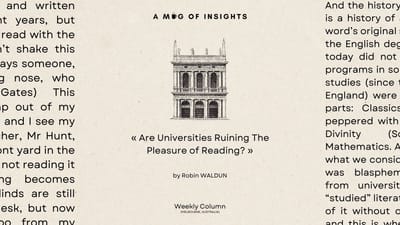
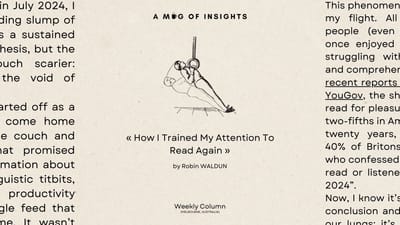
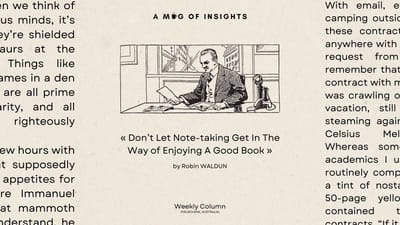
Member discussion